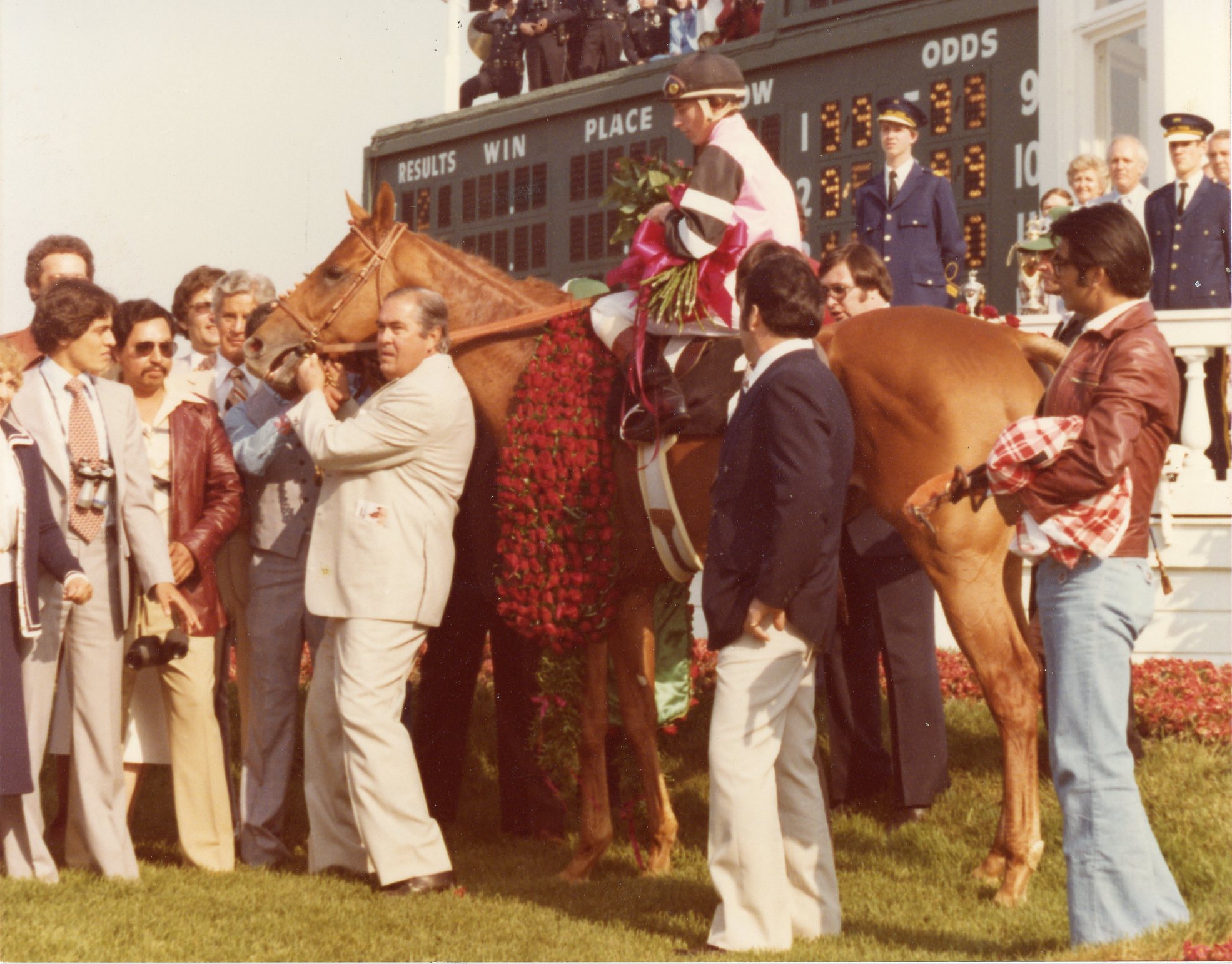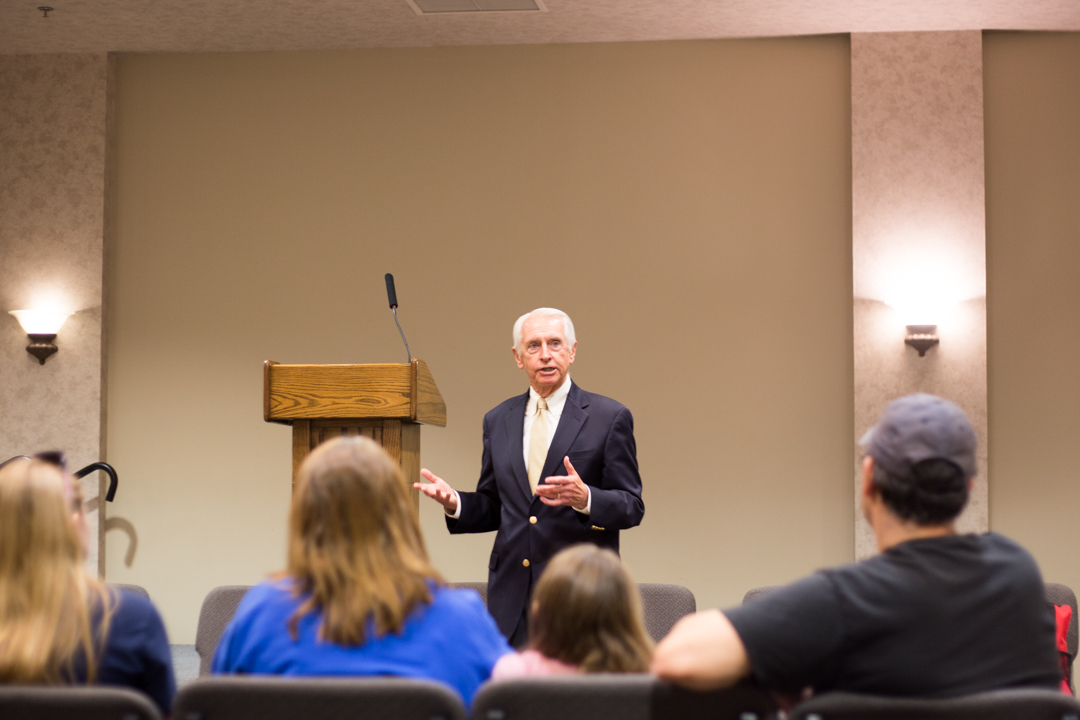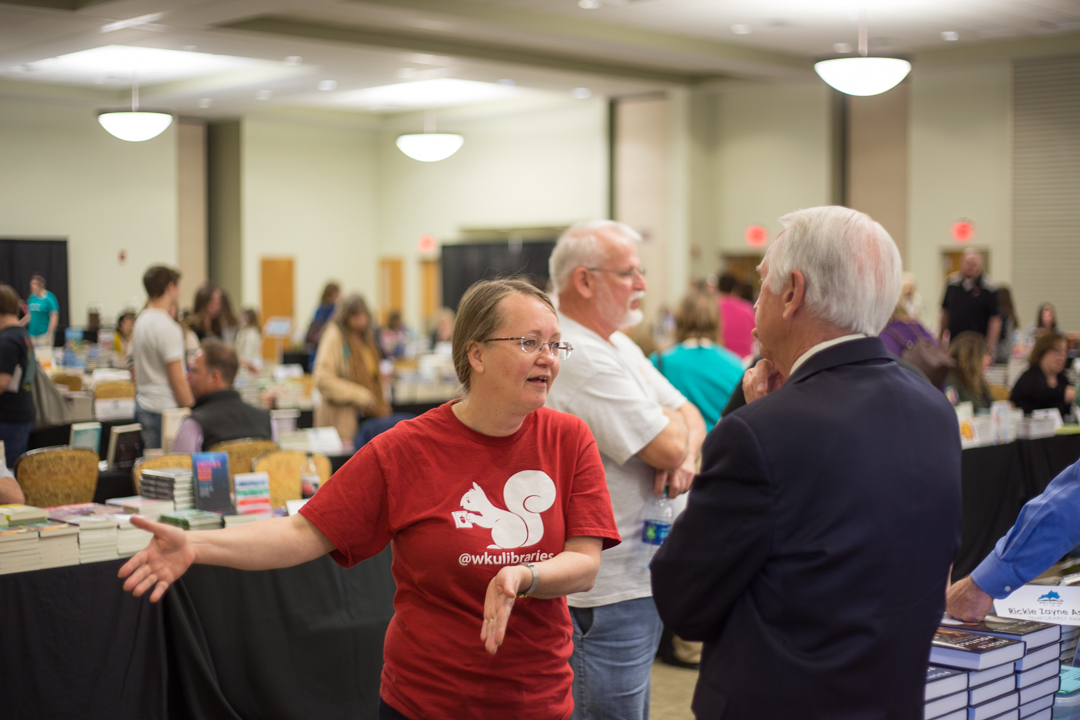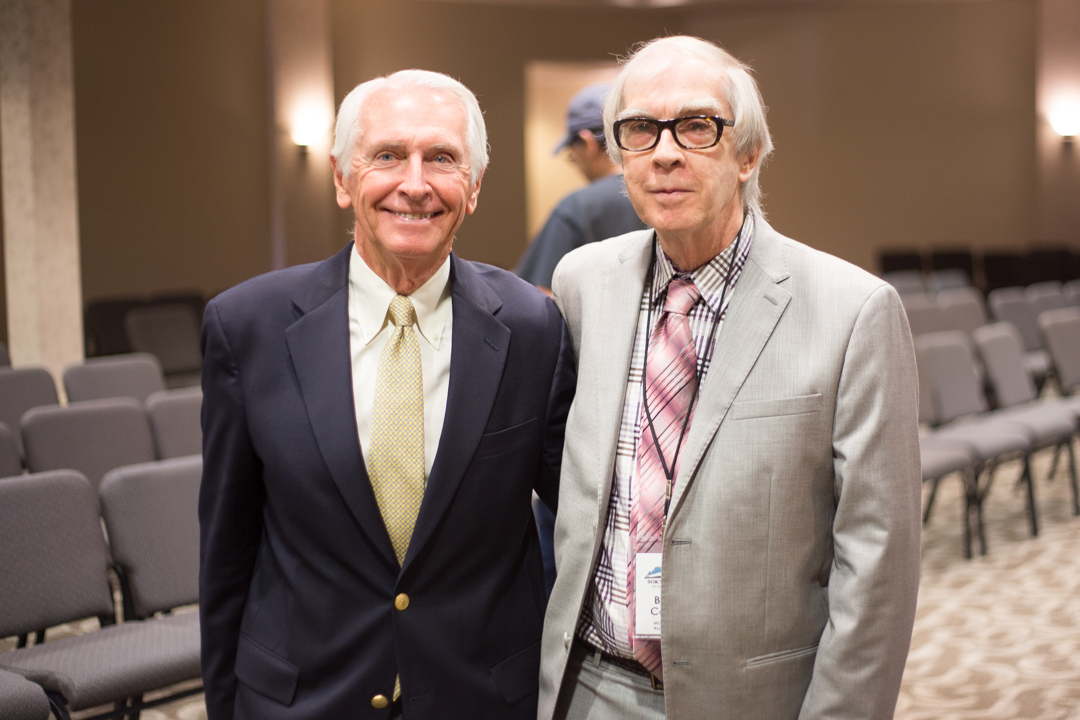Bettin’ on the ponies ain’t no easy task, but former folk studies students Robert Sherman and William Adams may have cracked the code. In their 1972 paper titled “Kentucky Horseracing and Horse-Betting: Various Gambling Patterns and Techniques of the Kentucky Horseracing Community,” Sherman and Adams hoofed it to Churchill Downs on Opening Day to learn the ins-and-outs of wagering, handicapping, and risking it all for sweet taste of victory.
Whether betting across the board, eyeballing a Daily Double, or keeping your fingers crossed for a win, place, show, playing the ponies is a beacon of light for casual bettors and professional gamblers alike. Sherman and Adams’ subjects divulged their reasons for hitting the tracks, which ranged from hopes of financial gain to enjoying a simple recreational pastime, but all agreed that horse-betting—an art form in and of itself—requires patience, dedication, and a small touch of luck.
If you’re willing to go all-in for the Longines Kentucky Oaks filly race today, or if you’d rather raise the stakes at tomorrow’s Derby, you may want to keep these tips ‘n tricks in mind:
1. Let the Lucky Numbers Be Your Guide
Jim Ray, a native Kentuckian, is a believer in the power of lucky numbers. Writes Sherman, “He told us that he selects the horse according to the last digit in the weight that horse carries. If the weight of the horse is 118 pounds, then he would bet on the 8th horse listed.” Ray admits that his technique is a little unusual, but the cash in his wallet speaks for itself.
2. Go With Your Gut
Intuition exists for a reason, or at least Martha Bangston believes it does. Bangston keeps her system simple, an amateur approach that favors the odds without running against any longshots. Sherman explains it as, “There are usually nine races on a daily card. [Bangston] breaks these down into three groups of three races each. In the first race of each group, she bets the horse with the best odds on the program. In the second race, she bets the horse with the second best odds and so on.” Her success rates with this method are high, and that’s all that matters, isn’t it?
3. A Thoroughbred by Any Other Name
Lorene Budd, a cautious gambler at best, factors in the horse’s name when placing her bets. “A horse that has a name similar to one of her friends or relatives is the one that she selects,” writes Sherman. So if you have an uncle’s whose name sounds similar to Firenze Fire (and don’t we all?), or a bestie named Magnum Moon, you’d better start the drive up to Louisville.
For more information on the Kentucky Derby, racetrack betting, or jockey lore, visit TopSCHOLAR or browse through KenCat, a searchable database featuring manuscripts, photographs and other non-book objects housed in the Department of Library Special Collections!
Post written by WKU Folk Studies graduate student Delainey Bowers





